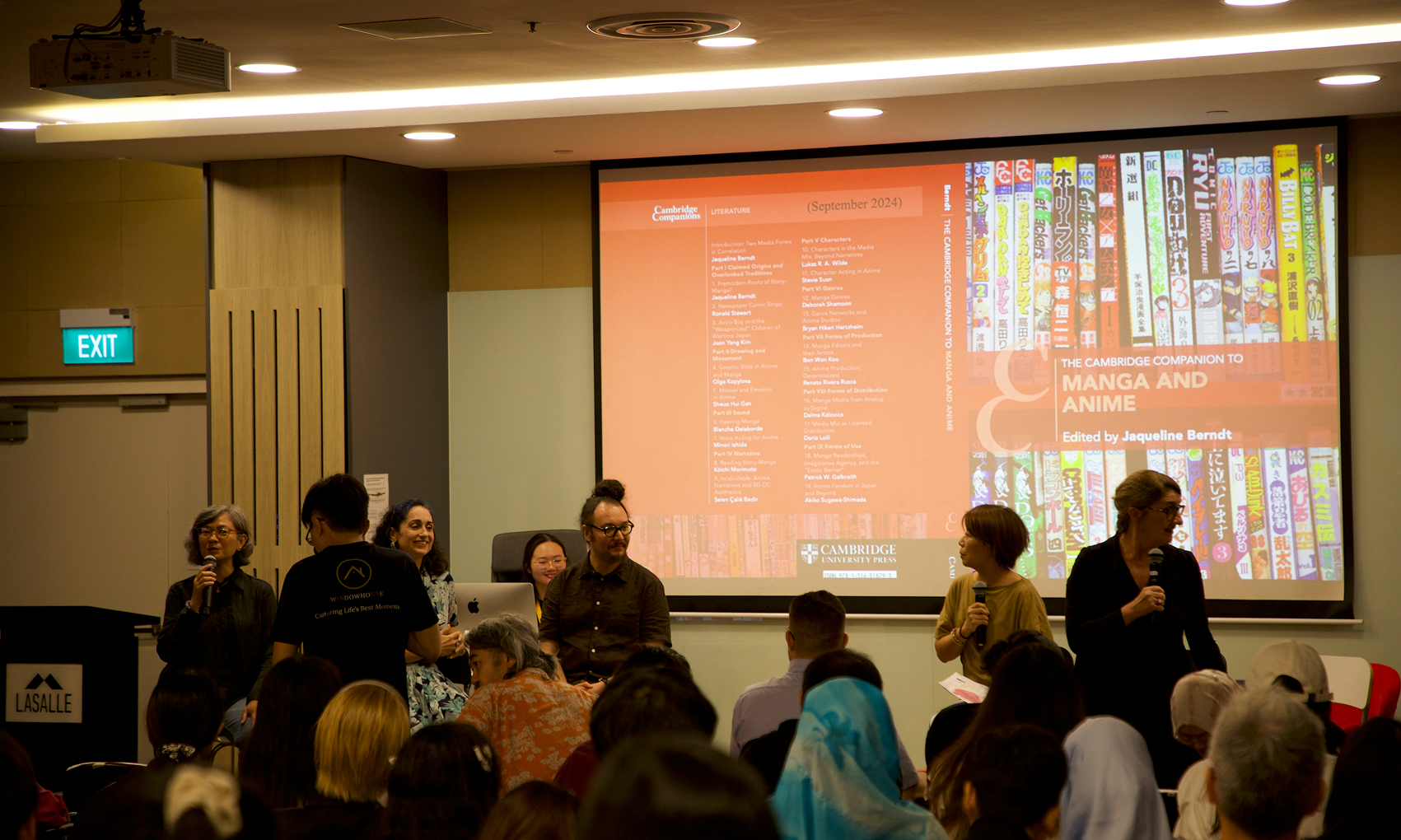Journal and book publications
Digital Cultural Diplomacy: From Content Providers to Opinion Makers
Identifying and describing major transformations of cultural diplomacy in the conditions of digitalisation and platformization, the chapter proposes a new typology of cultural diplomacy actors. Focusing on the roles they play in the global digital space and the power they can accumulate to exert impact, the chapter explores cultural diplomacy actors from the perspective of their involvement in the processes of digital cross-cultural communications. It argues that traditional government actors of cultural diplomacy in the digital realm increasingly become more dependent on cultural institutions and communities who serve as key cultural content providers. Furthermore, their activities in the digital domain are shaped by interfaces, digital capabilities, and algorithms of dominant communication platforms, designed by transnational corporations as main digital infrastructure builders. Finally, they operate in a very dynamic communication space populated by various opinion makers, including individual influencers, who gain in certain cases a significant diplomatic power to shape global discourses. This typology is designed to account for such variables as functions, dependency, and agency. First, it interrogates and explores key roles different stakeholders choose to play while communicating in the global media space. Second, it explores how much political clout they are capable of generating and to what extent they become dependent from other actors in a highly networked online environment. Providing provocative illustrations that help describe major functions of each actor, the chapter exposes a highly saturated, heterogeneous and complex nature of global cross-cultural communications that requires a more nuanced actors’ typology to help its deeper analysis.
Citation:
Grincheva, Natalia. ''Digital Cultural Diplomacy: From Content Providers to Opinion Makers.'' The Oxford Handbook of Digital Diplomacy, edited by Corneliu Bjola, and Ilan Manor, Oxford, Oxford University Press, 2024, pp. 194-211, ISBN / ISSN: 9780192859198.
Men of Letters: Perspectives on Multi-Sensory Environments in the Hall-McLuhan Correspondence, 1961–1977
This paper introduces critical elements in the substantial, albeit mostly unpublished, correspondence between cultural anthropologist Edward T. Hall and media theorist Marshall McLuhan related to artistic practice with emerging media technologies in the 1960s. It contextualizes their exchange within the broader theoretical discourses and artistic practices surrounding systems theory and media technology and highlights intersections between Hall and McLuhan’s theoretical frameworks related to concepts of indeterminism, systems theory, and cybernetics in technology-based, kinesthetic, multi-sensory mediated environments in the 1960s. It particularly focuses on overlapping conceptual approaches toward the interrelation between the individual, the sociocultural environment, and the emerging media-technological ecosystem.
Citation:
Muench, Wolfgang. ''Men of Letters: Perspectives on Multi-Sensory Environments in the Hall-McLuhan Correspondence, 1961–1977.'' Leonardo, vol. 57, no. 3, 2024, pp. 334-339, doi: https://doi.org/10.1162/leon_a_02529.
Three Acts of Bathing—an-other reading
This experimental piece of writing serves as a phenomenological response to bathing represented in three examples of art and film: ‘On Being and Bathing’ (2021) by Abi Palmer and Anna Ulrikke Andersen; ‘Nude in the Bath and Small Dog’ (1941-1946) by Pierre Bonnard; and ‘Jeanne Dielman, 23 quai du Commerce, 1080 Bruxelles’ (1975) by Chantal Akerman.
Citation:
Sharma, Jeremy . ''Three Acts of Bathing—an-other reading.'' Metode, vol. 2, 2024, ISBN / ISSN: 2704-0550.
Editorial: Becoming: A creative revolution in healing
This editorial advocates for "becoming" as a central focus in Creative Arts Therapies (CAT), challenging traditional "fix-it" models by embracing fluidity and self-discovery. It argues that CAT, through creative expression, allows individuals to navigate evolving identities, embrace uncertainty, and challenge limitations. Co-editor Daniel Wong highlights the power of "becoming" in fostering self-discovery, promoting inclusion in arts-based communities, and ultimately empowering individuals to shape their own narratives of healing and growth. Wong, in curating this issue, links this concept of "becoming" to the diverse contributions within, showcasing how CAT practitioners and researchers embrace this approach. From exploring dadirri, an Indigenous Australian practice of deep listening, to examining the role of art in navigating cancer, the issue exemplifies how creative expression facilitates "becoming" in a multitude of contexts. This is profoundly illustrated in Anna Lam Sasson's paper on the experience of cultural identity for adult transracial adoptees. Sasson demonstrates how collage, mirroring the fragmented experience of cultural displacement, allows adoptees to visually piece together their birth and adopted cultures, forging a more cohesive and empowered sense of self through art.
Citation:
Wong, Daniel. ''Editorial: Becoming: A creative revolution in healing.'' Journal of Creative Arts Therapies (JoCAT), vol. 19, no. 1, 2024.








